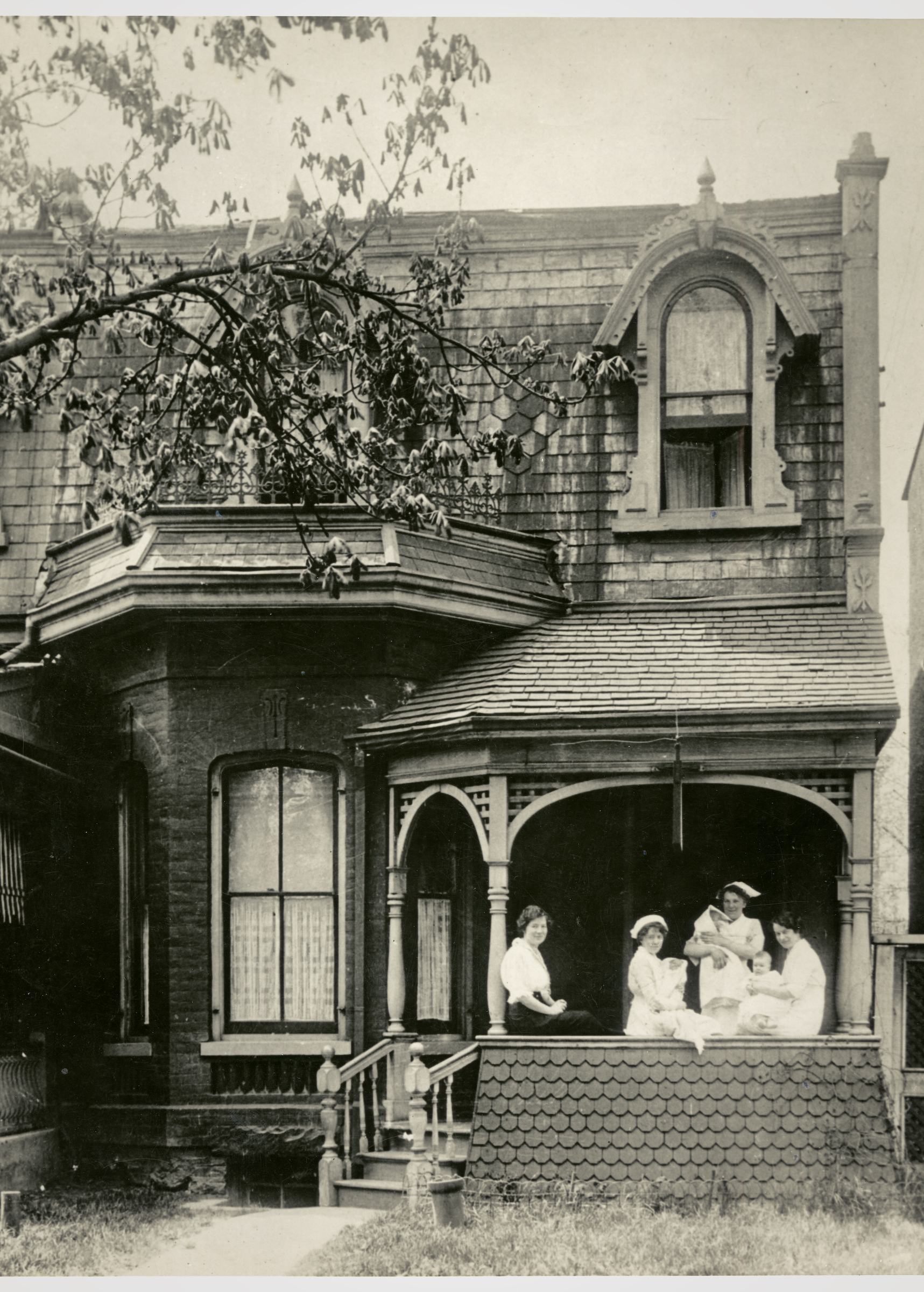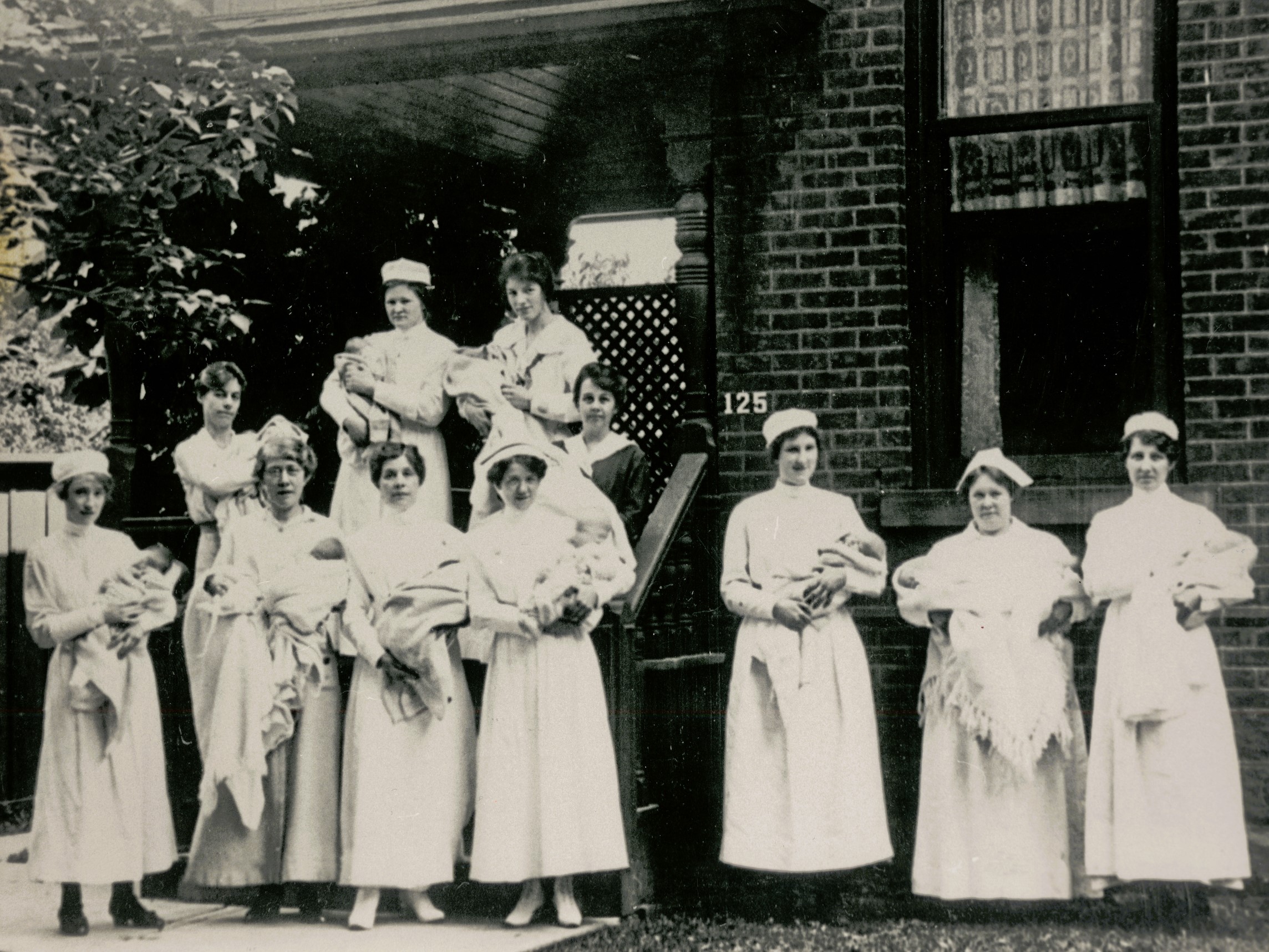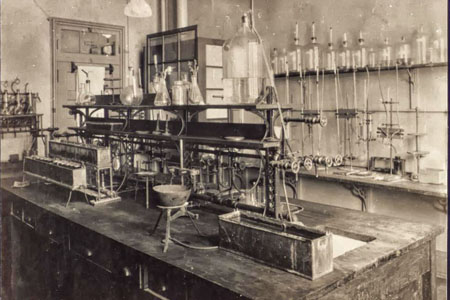Rowena Grace Douglas Hume, doctor, birth control advocate (born 14 January 1877 in Galt, ON; died 2 October 1966 in Toronto, ON). Rowena Hume was a pioneer in women’s medicine, earning her medical degree at a time when many women were forced to study medicine separately from men. As part of her long career in medicine, Hume was a co-founder of Women’s College Hospital in Toronto and served as the institution’s first President and first Chief of Obstetrics. (See also Childbirth in Canada.) In 1932, she helped co-found Canada’s first birth control clinic in Hamilton, at a time when advertising or selling birth control was illegal. (See also History of Birth Control in Canada.)
This article was created in collaboration with The Museum of Toronto.
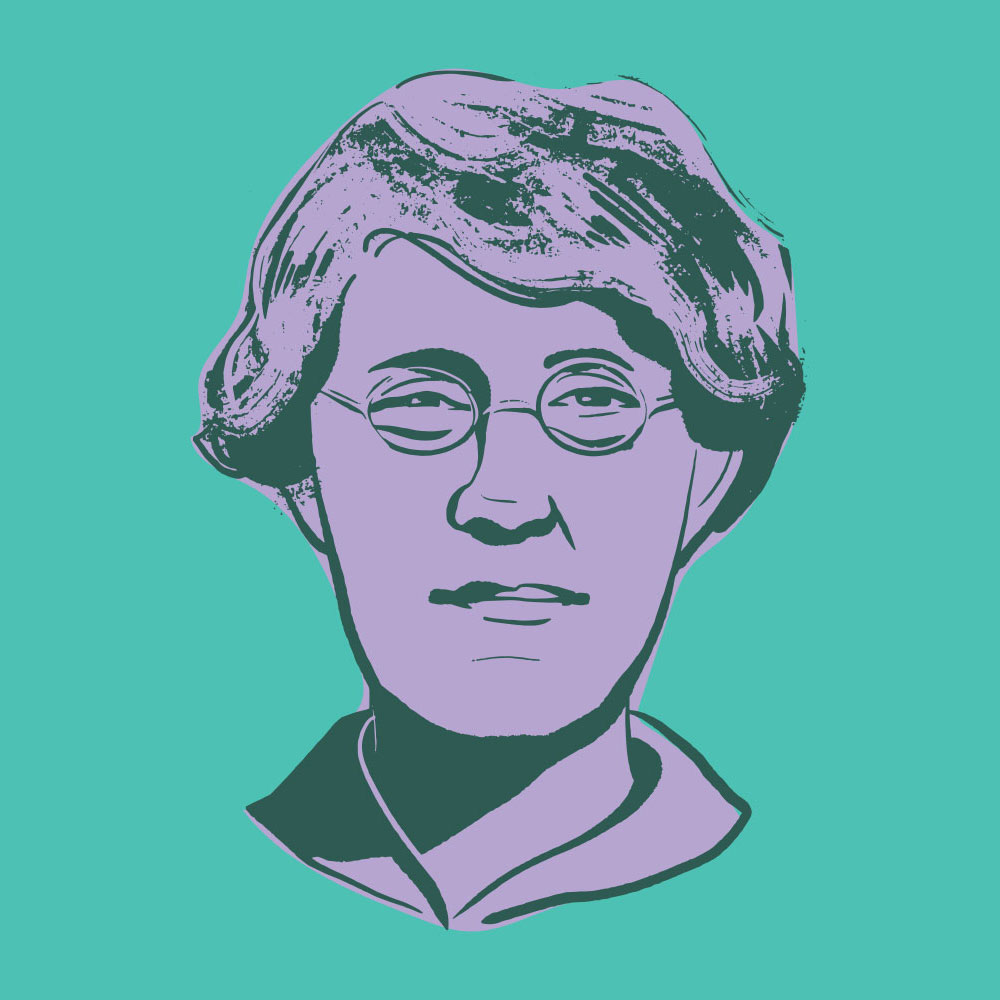
Medical Education
After graduating from high school in her hometown of Galt, Ontario, Rowena Hume went on to study medicine at the Ontario Medical College for Women. While Hume had attended Ontario Medical College for Women, she obtained her medical degree from Trinity College (now part of the University of Toronto) in 1899. After completing her degree, Hume pursued postgraduate studies in both England and the United States before returning to Canada.
Women’s Medical Education in Canada
In the 19th century, women, such as Emily Stowe, were barred from studying medicine in Canada and had to study abroad if they wanted to receive a medical education. Stowe trained in the United States, before returning to Ontario and is widely considered to be the first female physician to openly practise medicine in the province. Her daughter, Ann Augusta Stowe-Gullen, became the first woman to graduate from a Canadian medical school in 1883.
As women slowly began to be admitted to Canadian medical schools, they faced hostility from male students and teachers. In 1883, Emily Stowe helped found the Women’s Medical College in Toronto as an institution to teach medicine to women. In 1894-95, the school was renamed the Ontario Medical College for Women, after welcoming students from the short-lived Kingston Women’s Medical College, which had opened after women were barred from studying medicine at Queen’s University. The Ontario Medical College for Women closed in 1906, the year after women were once again accepted into the Faculty of Medicine at the University of Toronto.
Medical Career
Rowena Hume opened a general practice in Toronto in 1900. She would continue to treat patients at her practice until her death in 1966. She also worked as a lecturer in Pathology and Bacteriology and was an assistant in Anatomy at the Ontario Medical College for Women from 1902 until the school closed in 1906.
Hume was a member of the committee that founded Women’s College Hospital (WCH), the first general women’s hospital in Canada. WCH had grown from the Ontario Medical College for Women and the Women’s Dispensary, a free clinic for women which opened in Toronto in 1898. At its opening in 1911, WCH was a small, seven-bed hospital based out of a house in Toronto. The hospital was run by women physicians – with Hume serving as the first president. She also served as the first Chief of Obstetrics (the branch in medicine addressing pregnancy and childbirth) from the hospital’s opening until 1926. (See also Childbirth in Canada.)
Birth Control
Along with her pioneering work at the Women’s College Hospital, Rowena Hume was also an advocate for access to birth control. The advertisement and sale of contraception had officially been made illegal in 1892 with the creation of the Criminal Code of Canada. Organized efforts to support the use of birth control grew in Canada in the 1920s. (See also History of Birth Control in Canada.)
In the early 1930s, Hume, along with two ministers, established the Marriage Welfare Bureau in Toronto to help direct couples to pro-contraception physicians. Hume continued this work, opening the first birth control clinic in Canada in Hamilton in 1932. At this time, providing contraception was still a crime in the country. While Hume was initially the medical director, she stepped down from the position shortly after the clinic opened, finding the commute from Toronto to Hamilton to be too much. Dr. Elizabeth Bagshaw, a Hamilton-based physician, took over in her stead, and led the clinic for more than 30 years. Birth control was not legalized until 1969, decades after the clinic’s opening.
Community Work
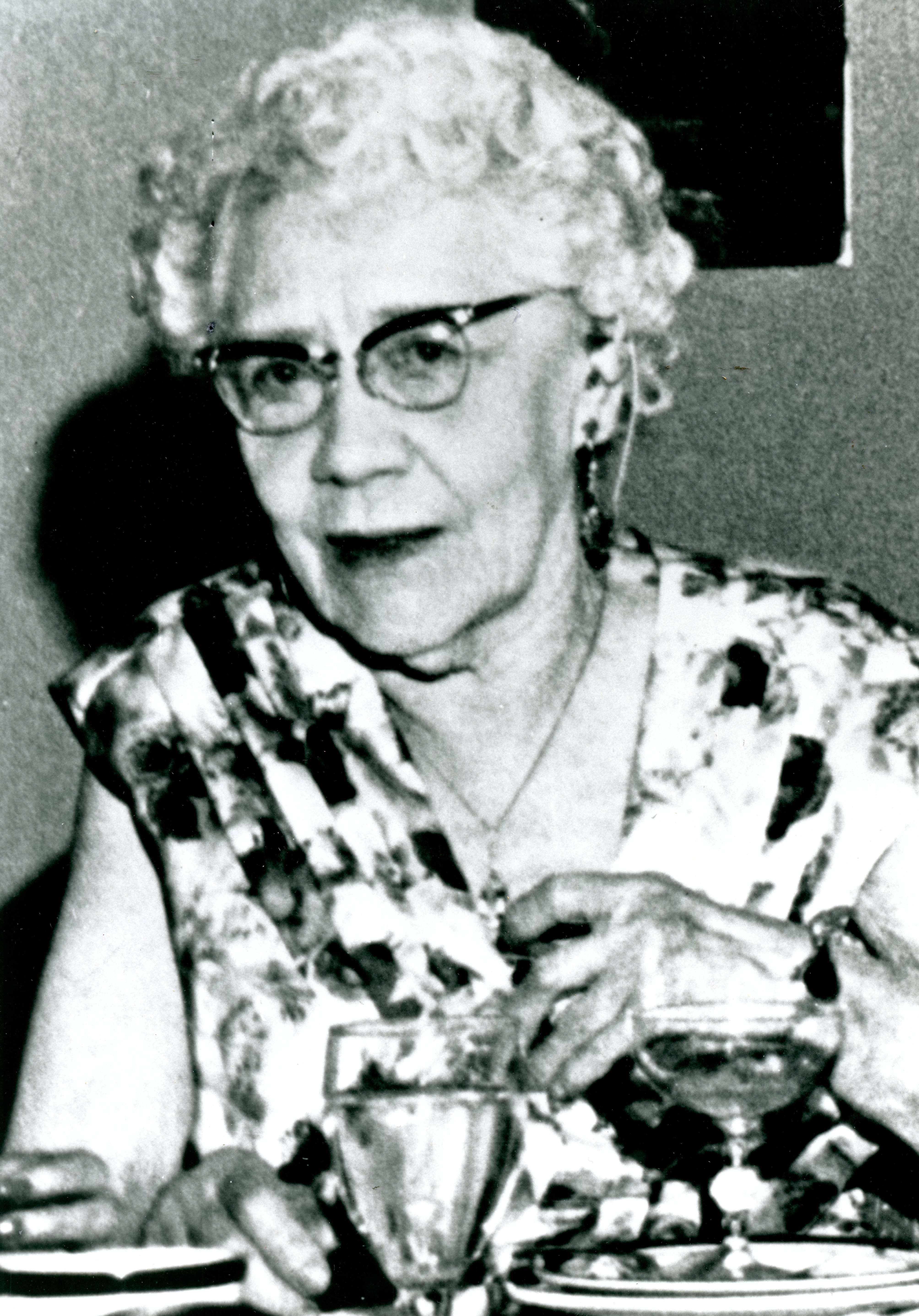
Beyond her medical career, Rowena Huma was also an active member of several community organizations. She was involved in the Women’s Medical Alumnae Association of the University of Toronto, Alcoholics Anonymous, Salvation Army, Fred Victor Mission, and the Canadian Purity Education Association. (See also Associations and Charities.) In Toronto, she also served as an attending physician for the board of education and for recreation in parks.
Hume continued to treat patients until her death at age 89, making her the oldest female physician still practising at that time in Canada. Hume was murdered in her home in Toronto in 1966. According to a Globe and Mail article from December 1966, Donald Eugene Cooke, a handyman, was convicted of the non-capital murder and sentenced to life imprisonment.
Honours
Rowena Hume’s work and contributions continue to be recognized into the 21st century. She was inducted into the Cambridge Hall of Fame in 2012, having been born in Galt, Ontario (see Cambridge). Hume Lane, in Toronto’s Cabbagetown neighbourhood, is named in her honour.

 Share on Facebook
Share on Facebook Share on X
Share on X Share by Email
Share by Email Share on Google Classroom
Share on Google Classroom
